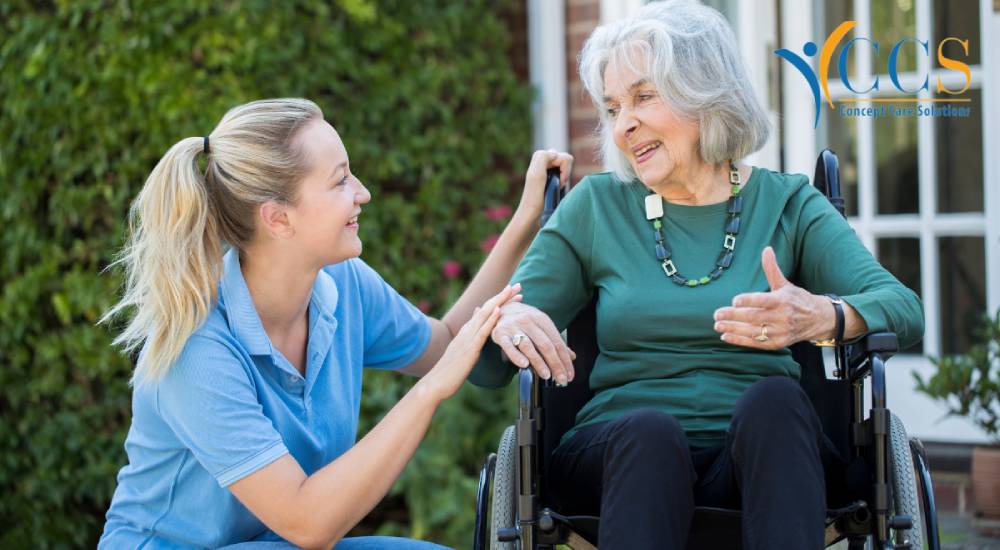It seems that winter has well and truly started now, with swathes of snow being seen all over the country over the last few days.
As beautiful as it is to look at, cold weather, snow and ice do pose significant risks to health, particularly for older and more vulnerable people, so if you’re a care provider it could be worth signing up for cold health alerts to help reduce potential health impacts.
The weather alert system is operated by the UK Health Security Agency, aimed at health and social care professionals, and all you have to do is sign up via email to receive the alerts directly. You can also use the Weather-Health Alerts live map for further visual information, as well.
Currently only available in England, the service is available all year round with a seasonal focus, so you can make the necessary preparations for both hot and cold weather.
Service alerts
The cold health alert service is available from November 1st to March 31st every year, covering adverse cold weather and health sector resilience. There are four colour states, with specific information and advice relating to each one.
For example, yellow alerts can be issued during weather events that would most likely affect those who are particularly vulnerable, such as people with multiple health conditions and who are on multiple medications.
Amber alerts are issued if there’s the potential for the entire population to be at risk, with other sectors aside from health possibly observing some impacts as a result of the weather.
Red alerts, meanwhile, indicate significant risks to life, even for the healthiest members of the population.
The fourth colour state, green, means that no alerts are issued as conditions are likely to have minimal impact on health. However, during such times, organisations and care providers are advised to put plans in place and be prepared should other more serious alerts be issued.
Over the next few months, you might also find it beneficial to review the Met Office’s advice pages for what to do when there’s snow and ice, especially if you have to travel a lot.
Guidance includes making sure that you have food, water, warm clothes, boots, a torch and a spade in the car if you have to travel before snow is forecast, as well as letting people know when you’re leaving, the route you’re taking and when you expect to arrive.
You’re also advised to avoid travelling in ice and snowy weather, although this may not be possible if you’re caring for someone.
In this instance, take your time and don’t rush to your destination, giving yourself more space between you and the cars in front. Drive in the highest gear you can to prevent wheel spin and avoid sudden or harsh braking and acceleration.
Caring for people can be even harder at this time of year, so if you need any further help or advice, get in touch with the Concept Care team today.





